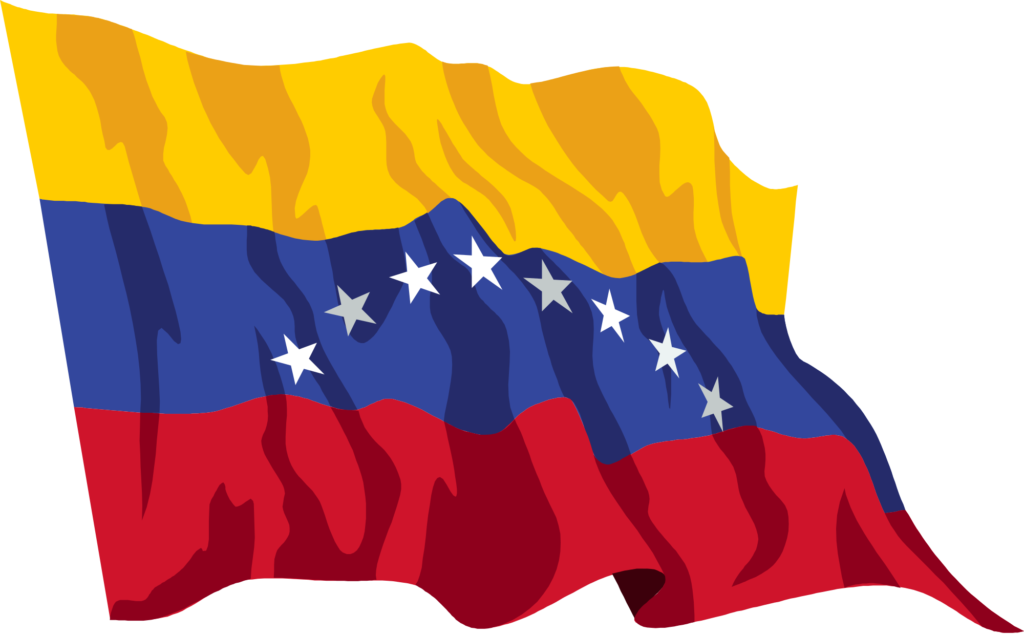
POITOU, FRANCE – Barely two weeks ago, 2,117 people took Chile’s medical licensing exam.
What was noteworthy about this year’s test was that more than one-third of the people taking it were not Chilean. Nearly 800 of them were Venezuelans.
This is just one indication of what is happening in Venezuela – everybody is leaving.
“You can kill a chicken, but you can’t lay an egg,” we explained to our grandchildren this morning.
They arrived yesterday, bringing the family total to nine people here.
“What did granddad say?” they asked their father, wiping the jet lag from their eyes.
“Don’t worry about it…”
Strangling the Chicken
It’s summer vacation season here in France. Businesses have closed. People have headed to the country, leaving Paris to sit quietly, like a taxicab waiting for a paying fare.
Here in the farm belt, the work continues. The bakeries are still open. But many of the shops and restaurants have signs in the window: “Fermé Pour les Vacances.”
In church, two weeks ago, the priest asked for our prayers “for those who would be unable to leave Paris this summer.” No kidding.
And yet…
“This is when I like Paris best,” says a friend. “It’s empty. Except for the tourists. And they don’t come in my neighborhood.”
Here at the Diary headquarters, however, we are still at our post. We read the news. We try to connect the dots. Rain or shine.
And down in Venezuela, the poor creoles are not exactly enjoying the beaches. And there are few quiet streets in Caracas.
Demonstrations are almost a daily occurrence, with 100 people dead so far. Folks are fed up.
What’s the problem? What are the Venezuelans so miffed about? Why are they leaving?
To make a long story short, the government strangled the chicken. Now, the people have no eggs.
Dramatic Decline
It was only a few short years ago that many intellectuals and politicians thought former Venezuelan President Hugo Chávez was onto something.
He seized his country’s vast oil revenues and used them to buy support from the common people. This was the “wave of the future,” they said.
When even the oil money was not enough, Chávez borrowed heavily using the nation’s oil reserves – the world’s largest – as collateral.
Anyone could have told Mr. Chávez that this was a bad idea. Real wealth doesn’t come out of the ground. Real wealth comes from private win-win deals.
Destroy them and you destroy your economy. Just ask the Russians. Or the Chinese. Or the Cubans.
All it took was a sharp decline in the price of oil, and the dots suddenly came together.
Venezuelan oil export revenue fell by $1,500 per capita. There was still money coming in but not enough to support the giveaways… import food and medicine (not to mention other things)… and service the country’s foreign debt.
Today, in terms of its capacity to pay, Venezuela has the highest external debt in the world. Its hospitals have almost no supplies. Its babies die for want of basic medicines. And its grocery stores have few things to eat in them.
Sinking Deeper
Looking on the bright side, as we always do here at the Diary, the average citizen has lost 20 pounds in the last two years!
The Venezuelan currency, the bolivar, has lost weight, too. In May, $1 bought about 1,000 bolivars.
Now, on the black market – the only thing that is still functioning properly there – $1 will fetch about 20,000 bolivars.
And the economy has sunk deeper than the U.S. during the Great Depression. Here’s Harvard economics professor Ricardo Hausmann writing at Project Syndicate:
Venezuela’s economic catastrophe dwarfs any in the history of the US, Western Europe, or the rest of Latin America. And yet these numbers grossly understate the magnitude of the collapse…
Clearly, a 40% fall in per capita GDP is a very rare event. But several factors make the situation in Venezuela even bleaker. For starters, while Venezuela’s GDP contraction (in constant prices) from 2013 to 2017 includes a 17% decline in oil production, it excludes the 55% plunge in oil prices during that period. Oil exports fell by $2,200 per capita from 2012 to 2016, of which $1,500 was due to the decline in oil prices.
These are huge numbers, given that Venezuela’s per capita income in 2017 is less than $4,000. In other words, while per capita GDP fell by 40%, national income, inclusive of the price effect, fell by 51%.
What can we learn from this?
Nothing that we didn’t already know. Chávez – a self-proclaimed Trotskyist – destroyed the real economy of the country.
He nationalized key industries, expropriated private property, set prices, controlled trade, and created a vast, wealth-consuming welfare state. But the problem with socialism, as Maggie Thatcher put it, is that, eventually, you run out of other people’s money.
Venezuela ran out when the oil price collapsed in 2011.
Now, its insiders – the people who took power away from previous insiders in the name of “the people” – use their power to keep the people from taking the power away from them.
Regards,
![]()
Bill
Category: Economics

